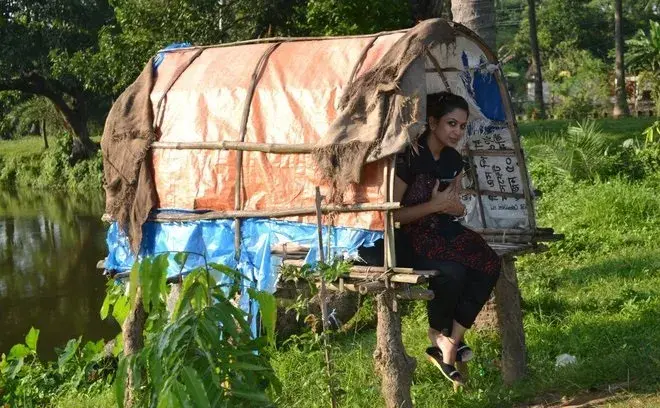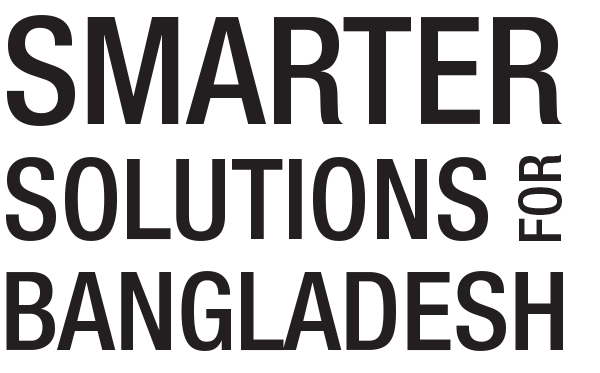Flexible microfinance models - For more economic opportunities
Published by

Flexible repayments for microfinance would return 2 takas of social good for each taka spent. Our research highlights the smartest ways to improve microfinance programs in Bangladesh.
Bangladesh is ground zero for microfinance. Over the decades, since Sir Fazle Abed founded BRAC and Muhammad Yunus started Grameen Bank, the strategy of providing micro-sized loans to borrowers has helped increase income and consumption for the poor, ensured food security for many, created employment opportunities, and empowered women. According to the Credit and Development Forum, nearly 700 microfinance institutions operate in the country today, disbursing approximately Tk. 647 billion (Tk. 64,700 crore) to 3.4 crore active borrowers. The microfinance sector now contributes about 10 percent of GDP and generates approximately 250,000 jobs.
The early success of microfinance in many places around the world caused some to praise it as a panacea for economic development. More recently, however, critics have questioned some aspects of the model - their concerns include worries that poorer borrowers can become trapped in a spiral of debt. Moreover, they express concern that entry by for-profit entities has caused microfinance to lose its moral compass."
Read more about the research in Bjorn Lomborg’s article in The Daily Star.

